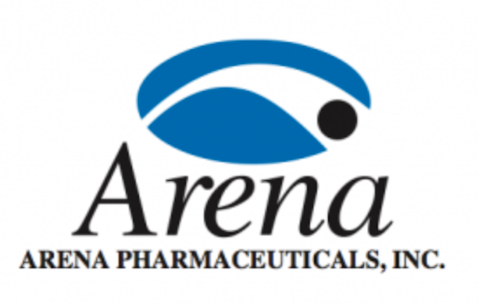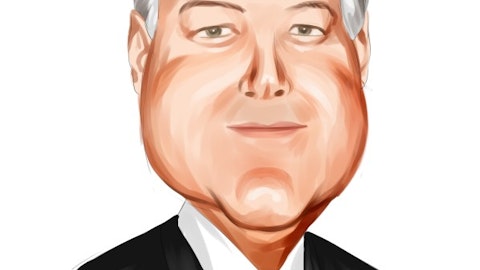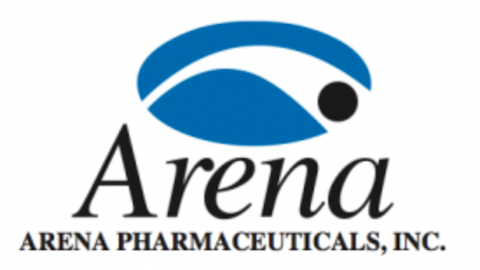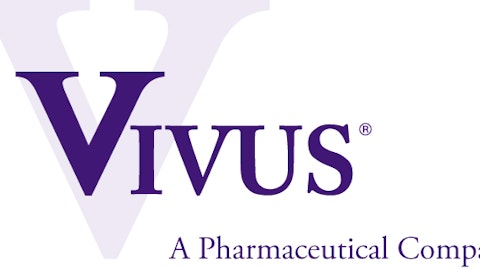Shares of Arena Pharmaceuticals, Inc. (NASDAQ:ARNA) slumped after the company said EU regulators still have questions about its weight-loss drug Belviq.
What Happened?
An advisory committee to the European Medicines Agency has asked for more information on heart valve issues, psychiatric side effects, and tumors that were detected during studies on rats. The advisory panel also asked the company to provide a risk/ benefit analysis on Belviq. Arena had asked EU regulators to approve Belviq in March 2012, and it has been addressing concerns raised by regulators in its endeavor to win marketing clearance. Arena expects the advisory committee to issue a recommendation during the first half of 2013. The U.S. Food & Drug Administration (FDA) approved Belviq in late June 2012. Arena and its partner Eisai Co., Ltd (ADR) (NASDAQOTH: ESALY) are not yet working on plans to launch in the U.S. market. Eisai is a global manufacturer of pharmaceutical products based in Tokyo, Japan. With $2.4 billion in cash and short-term investments, Eisai is in a good position to help support Belviq. Eisai recently granted an additional six months of market exclusivity in the U.S. for Aciphex due to the ruling that Eisai has met the FDA’s Written Request requirements for pediatric exclusivity for the drug. Aciphex provides short-term treatment for heartburn, duodenal ulcers, and gastroesophageal reflux disease.

Jefferies & Co. analyst Thomas Wei believes that Arena shares could be volatile because of investor uncertainty about the EU approval and pessimism about the sales potential of Belviq. Wei also says he is more bullish about the prospects of a combination of Belviq and phentermine.
The Possibility of Rejection in Europe
There is no way of predicting how the regulatory process will play out, but there are several factors that should be considered. The FDA considers Belviq to be safe. It did not require a REMS program, and the CHMP advisory committee recommendation should be available in the first half of this year, with approval following within a few months if the recommendation is favorable. This could potentially be a big advantage for the treatment because it could make Arena the only player in a huge market. Qsymia was recently rejected in the EU and an appeal against this decision is unlikely to succeed. The January CHMP meeting has ended without any action on Belviq.
Arena has disclosed the 180-day list of questions about Belviq raised by European regulators, and the list raises some difficult questions. The issues will need to be resolved before the CHMP can make a positive recommendation for marketing approval in the EU. The company says that the major objections relate to previously identified non-clinical and clinical issues, including tumors in rats, valvulopathy and psychiatric events. The CHMP further requests that it justifies Belviq’s overall balance of benefit-risk after taking these issues into consideration. In accordance with the CHMP’s process, the company has been asked to address the issues in writing. The CHMP will also consult with independent experts who will provide recommendations on the outstanding issues. Some of these concerns were raised in the 120-day list of questions from the European regulators, which indicates that the company’s responses were not entirely to their satisfaction.




